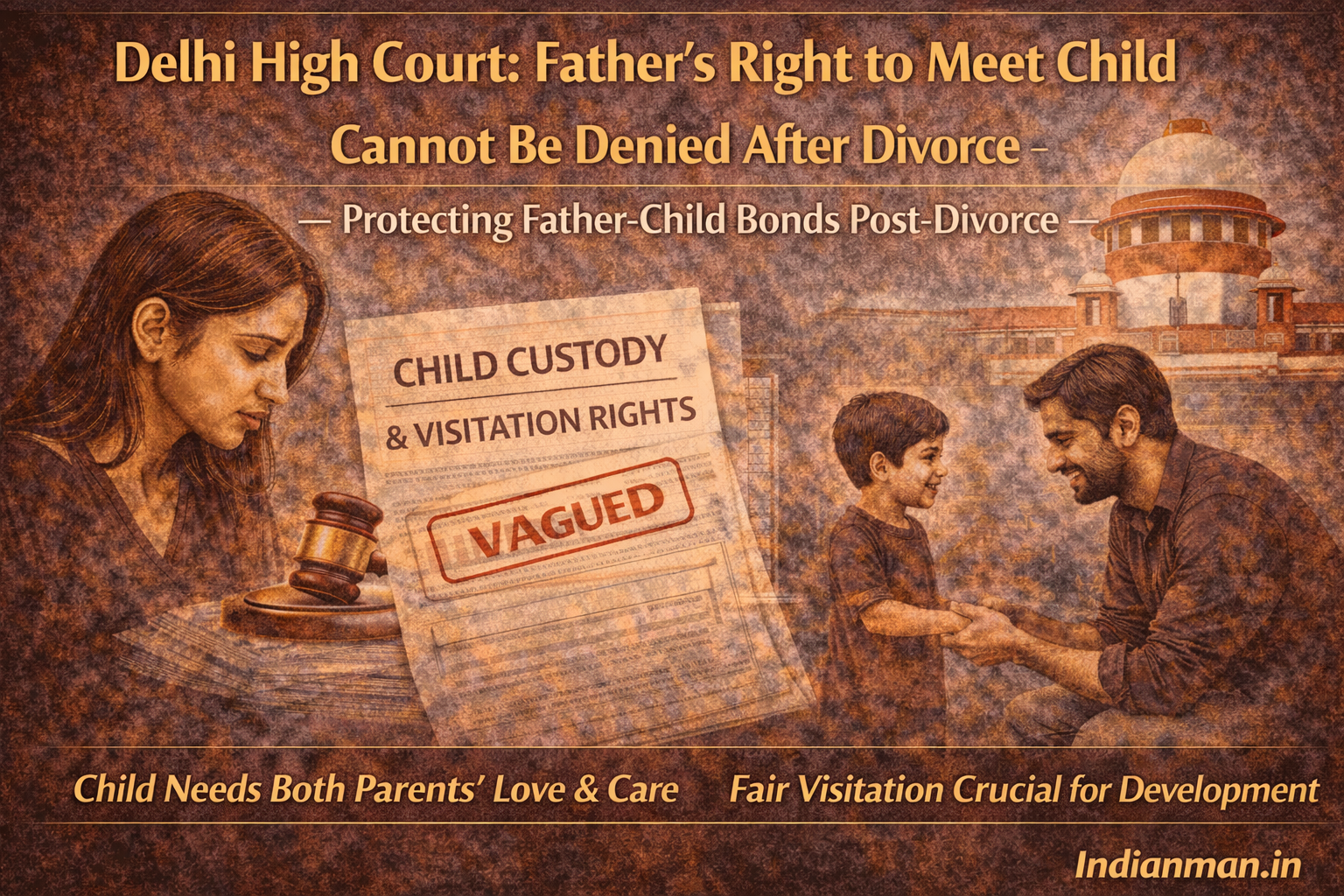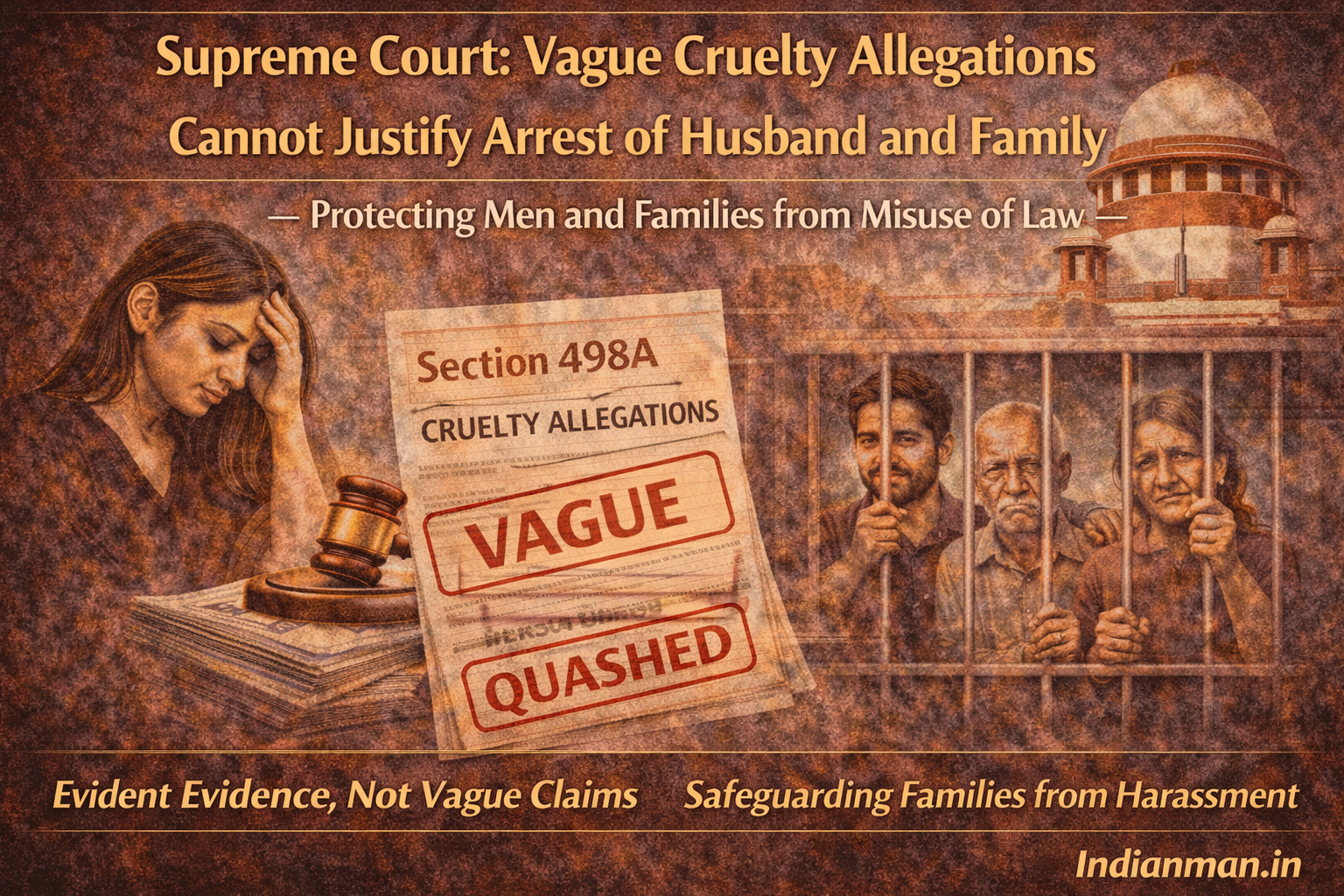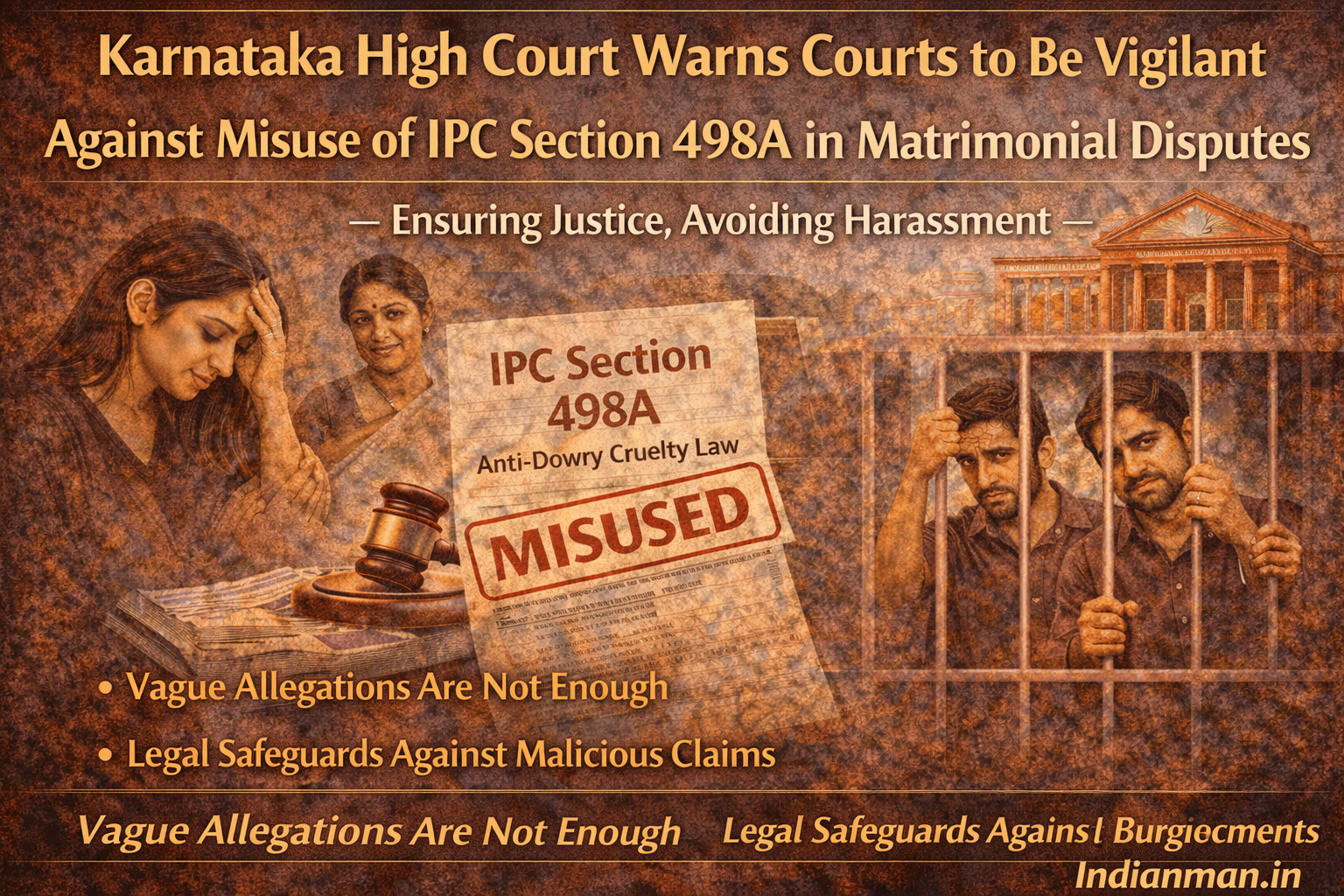Marriage Does Not Cancel Privacy Rights – Chhattisgarh HC Rejects Husband’s Plea for Wife’s Call Records
In a strong statement protecting individual privacy, the Chhattisgarh High Court has ruled that a husband cannot force his wife to share personal information such as call records, phone passwords, or bank account details. The court stated that marriage does not grant automatic access to a spouse’s private life.
Justice Rakesh Mohan Pandey, who delivered the judgment, said that any attempt to compel a wife to share such private data would violate her fundamental right to privacy. He also noted that such actions could fall under the scope of the Domestic Violence Act.
The case arose when a man filed for divorce under Section 13(1)(i-a) of the Hindu Marriage Act, citing cruelty. During the proceedings, he submitted an application to the Senior Superintendent of Police in Durg, requesting the Call Detail Records (CDR) of his wife. He suspected her character and also approached the Family Court for the same request. However, his application was rejected.
Unhappy with the rejection, the husband appealed to the High Court. However, the court highlighted that the divorce was based on cruelty, not adultery, so the request for private call records was unrelated to the case.
Citing landmark cases like Justice KS Puttaswamy v. Union of India (2017), PUCL v. Union of India (1996), and Mr. X v. Hospital Z (1998), the court emphasized that privacy is a fundamental right under Article 21 of the Constitution. This includes protection of personal communications, the sanctity of marriage, and private space even within a marital relationship.
Justice Pandey concluded that while marriage means sharing a life, it does not remove the individual right to privacy. No spouse can demand access to the other’s personal space or private data without consent.
The High Court, therefore, upheld the Family Court’s decision and dismissed the husband’s petition, stating that allowing such a request would set a harmful precedent and violate the wife’s privacy rights.
Be a part our social media community:
Facebook: https://www.facebook.com/IndianMan.in?mibextid=ZbWKwL
Instagram:
https://www.instagram.com/indianman.in?igsh=MWZ2N3N0ZmpwM3l3cw==



